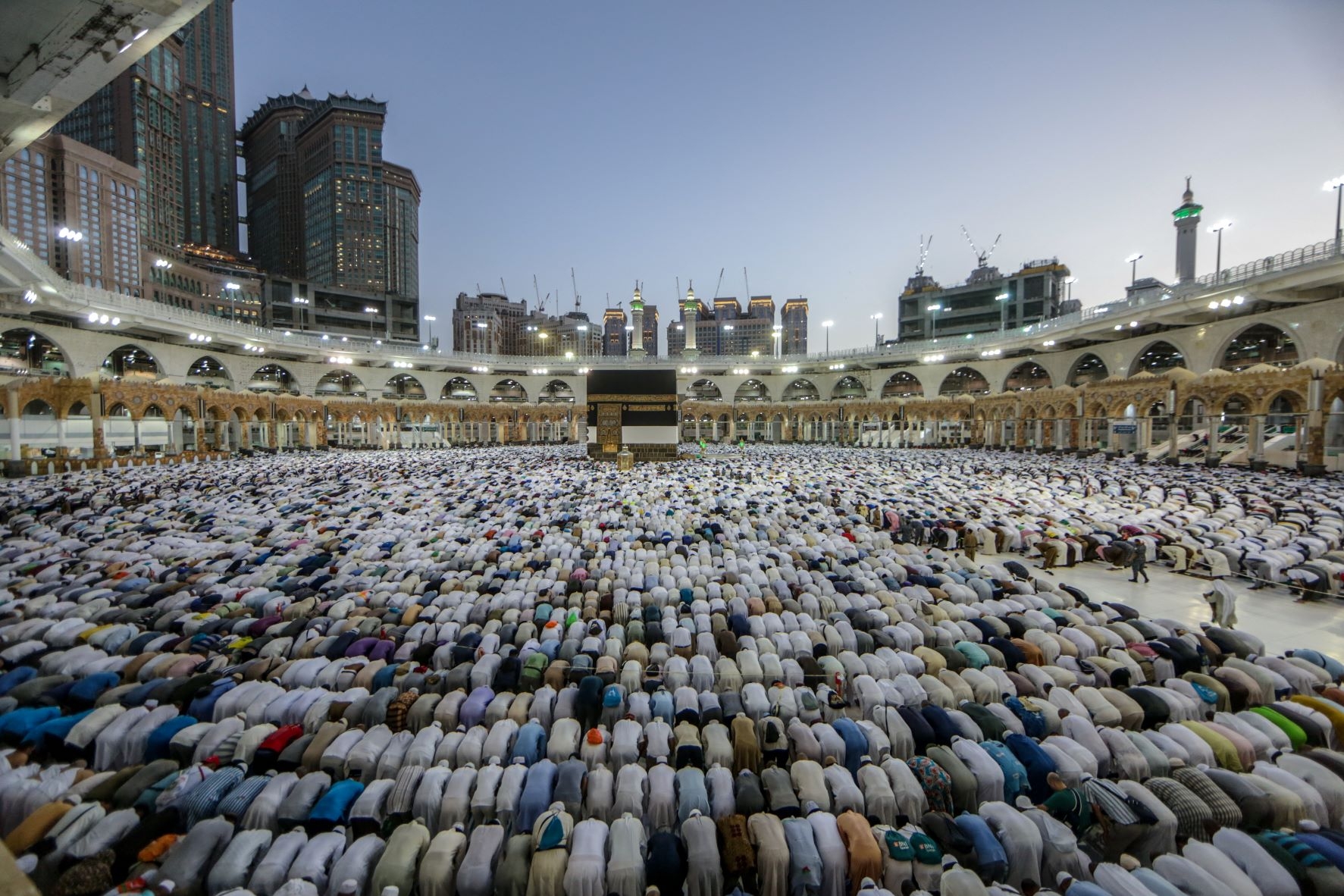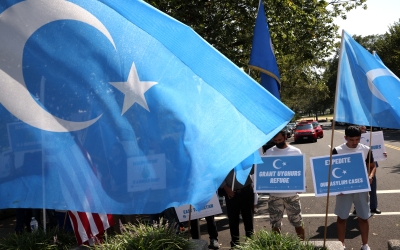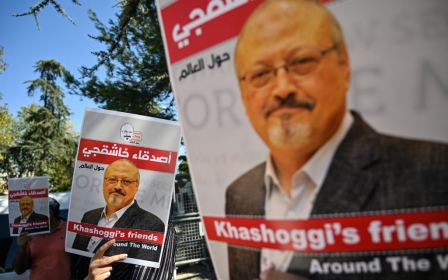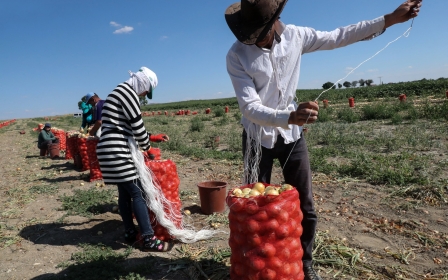Saudi Arabia: Kingdom to allow one million pilgrims at Hajj

One million pilgrims will be allowed to attend the Hajj pilgrimage in Mecca this year, Saudi Arabia announced in a statement on Saturday.
The statement comes after two years of cancellations and restrictions of the annual Islamic pilgrimage, which is a lifeline for the kingdom's economy, as a result of the Covid-19 pandemic.
The hajj ministry "has authorised one million pilgrims, both foreign and domestic, to perform the hajj this year," it said in a statement.
According to the Saudi Press Agency, pilgrims must be under 65 years old and will be required to provide a negative PCR test before departing for Saudi Arabia.
The ministry said it was "aiming to safeguard the milestones it achieved in the healthcare sector as it grappled with the Covid-19 pandemic".
Covid-19 restrictions
Usually one of the world's largest religious gatherings, about 2.5 million people took part in the Hajj in 2019. But after the onset of the coronavirus pandemic in 2020, Saudi authorities allowed only 1,000 pilgrims to participate.
The following year, they raised the total to 60,000 fully vaccinated residents chosen through a lottery.
The restrictions have stoked resentment among Muslims abroad who were barred. Saturday's announcement said this year's hajj will be limited to vaccinated pilgrims under the age of 65.
Those coming from outside Saudi Arabia will be required to submit a negative Covid-19 PCR result from a test taken within 72 hours of travel.
The government wants to ensure pilgrims' safety "while ensuring that the maximum number of Muslims worldwide can perform the hajj," Saturday's statement said.
The hajj consists of a series of religious rites that are completed over five days in Islam's holiest city, Mecca, and surrounding areas of western Saudi Arabia.
Hosting the hajj is a matter of prestige for Saudi rulers, as the custodianship of Islam's holiest sites is the most powerful source of their political legitimacy.
Middle East Eye delivers independent and unrivalled coverage and analysis of the Middle East, North Africa and beyond. To learn more about republishing this content and the associated fees, please fill out this form. More about MEE can be found here.





